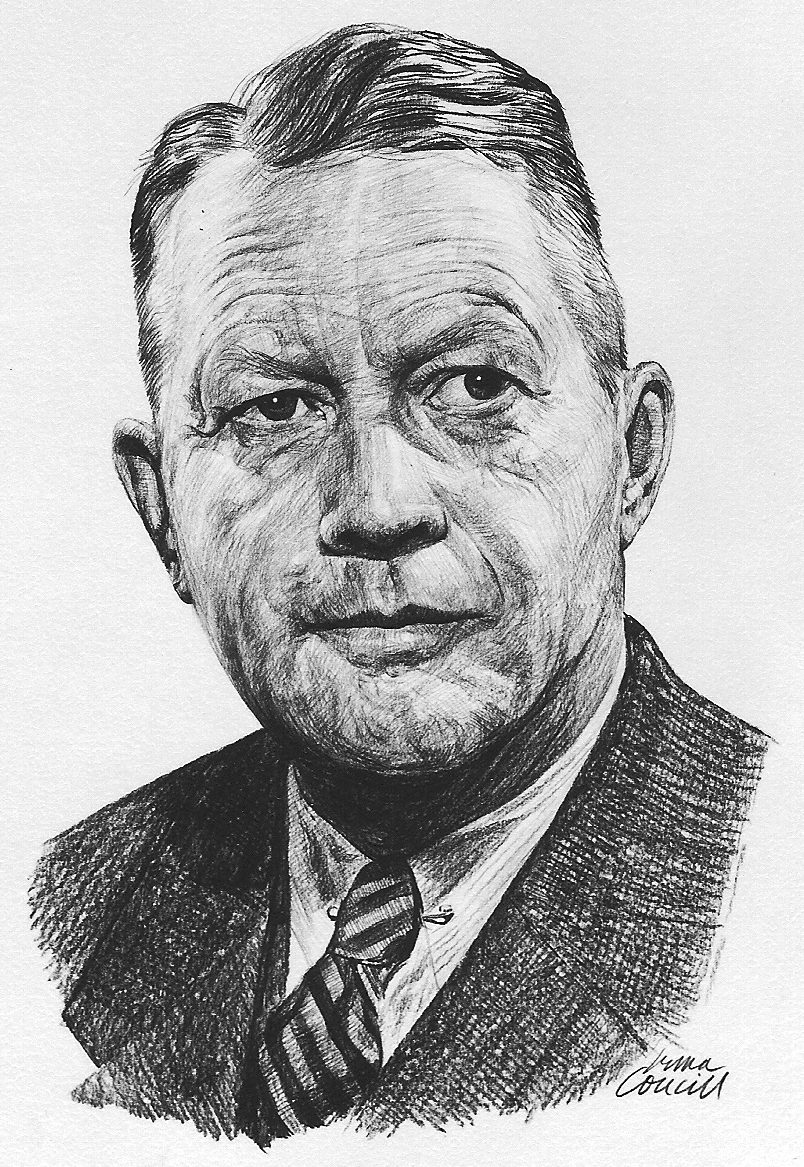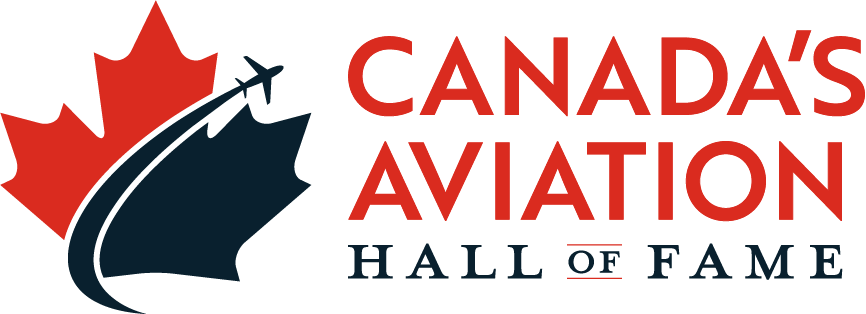Donald Roderick MacLaren

Nickname: Don
Birth Date: May 28,1893
Birth Place: Ottawa, Ontario
Death Date: July 4, 1988
Year Inducted: 1977
Awards: DSO; MC*; DFC; The Croix de Guerre (France); Legion of Honour (France)
His exceptional success as a wartime aviator in the cause of peace, coupled to a succession of civil pioneering achievements as a first generation bush pilot and his dedication to purpose in fostering the growth of the Air Cadet league of Canada, despite adversity, have been of outstanding benefit to Canadian aviation
Fur Trading
Donald Roderick MacLaren, D.S.O., M.C.*, D.F.C., was born in Ottawa, Ontario, on May 28, 1893. His family lived for some years in Calgary, Alberta, and Vancouver, .British Columbia. In 1914, after two years at McGill University in Montreal, Quebec, he accompanied his father and brother to northern Alberta, where they opened a fur-trading post at Keg River, about 200 miles (320 km) north of Peace River Crossing.
Learning to Fly
In early 1917 MacLaren joined the Royal Flying Corps (RFC) in Canada, completed his flying training at Camp Borden, Ontario, and was brevetted a pilot that same year. After operational training in England as a 2nd Lieutenant, he was posted to 46 Squadron in France. He remained with that unit during his entire tour of combat flying, becoming Commander of the squadron within a year.
Military Success
His first aerial victory came in March of 1918, and from that time on, except for two brief periods of leave, his name was featured almost daily in military communiques. In April he was promoted to Captain, awarded the Military Cross (M.C.) and named Flight Commander. During one sortie behind enemy lines he disabled a long-range gun and shot down one balloon and two enemy aircraft. Three months later, when his score of hostile aircraft destroyed stood at nine, he was awarded a Bar to the Military Cross. Only a few weeks later, having by then shot down thirty-seven enemy aircraft in combat, he was awarded the Distinguished Flying Cross (D.F.C.). He was promoted to Major and given command of the squadron.
By October of 1918 his record of victories was exceeded by only two other pilots then at the front, William Barker and Raymond Collishaw. Just two weeks before the Armistice he had his last enemy engagement, bringing his total score of victories to forty-eight aircraft and six balloons. He was awarded the Distinguished Service Order (D.S.O.). France awarded him the Croix de Guerre and made him a Chevalier of the Legion of Honour.
Pacific Airways Limited
At war's end in 1918, he assisted with the formation of the non-permanent Canadian Air Force that came into being in 1920 under the administration of the Canadian Air Board. In the spring of 1921 he was back in Vancouver, and in 1924 he bought a Curtiss JN-4 and formed Pacific Airways Limited at Vancouver, in 1925, carrying out fishery patrols and aerial surveys for the Canadian government. He served as Executive Officer and Chief Pilot of the far-ranging fleet until 1928, when his company merged with Western Canada Airways Limited.
Western Canada Airways
When MacLaren became Superintendent of the Pacific Coast Division of Western Canada Airways, with headquarters at Vancouver, he expanded the air operations into the Yukon using the latest available aircraft, on which he became qualified. Pilots under his command in the sub-Arctic, the Yukon and throughout British Columbia included Norm Forester and Stan McMillan. In 1929 he and Herbert Hollick-Kenyon flew the experimental airmail service between Regina and Moose Jaw, Saskatchewan, and Medicine Hat, Lethbridge and Calgary, Alberta.
Canadian Airways Limited
Western Canada Airways was absorbed by Canadian Airways Limited in 1930, an airline created by James A Richardson, who tried to form a national airline with offices across the country and regional managers such as Don MacLaren, Punch Dickins, Romeo Vachon and Herbert Hollick-Kenyon. MacLaren was named Assistant General Manager for British Columbia and the Yukon, a position he held until 1937.
Promotions
In 1937 MacLaren was hired by Trans-Canada Airlines as its first employee, Assistant to the Vice-President. He was appointed Vice-President of Operations in Ottawa, and selected airline pilots for this new airline from among the best of Canada's well known bush pilots. Within three years he was appointed Superintendent of Stations and Director of Passenger Services. In 1945 he was named Executive Assistant to the President, Pacific Area. He retired from TCA in 1958.
The Air Cadets
The Air Cadet movement was one of MacLaren's long-time interests. In 1941 he formed the first Air Cadet Squadron in Winnipeg, Manitoba. He rose from Provincial Chairman to the Presidency of the Air Cadet League of Canada. Air Canada designed the D.R. MacLaren Trophy in his honour. It is presented annually to the most proficient Royal Canadian Air Cadet Squadron in British Columbia.
D.R. MacLaren was among the most brilliant of the many Canadians who distinguished themselves as fighter pilots with the RFC. He did not get into action until late November 1917, and his first aerial victor did not come until early March 1918. His operational career ended in October 1918. Yet in less than eight months, he was credited with 54 aerial victories, having brought down 48 enemy aircraft and six observation balloons, becoming the fourth-ranking Canadian fighter ace of the war. He was also credited with more aerial victories in the Sopwith Camel than any single pilot of World War I.
MacLaren died in Vancouver on July 4, 1988, at the age of 95.
Donald Roderick MacLaren was inducted as a Member of Canada's Aviation Hall of Fame in 1977 at a ceremony held in Edmonton, Alberta.
To return to the Inductee Page, please click here.
